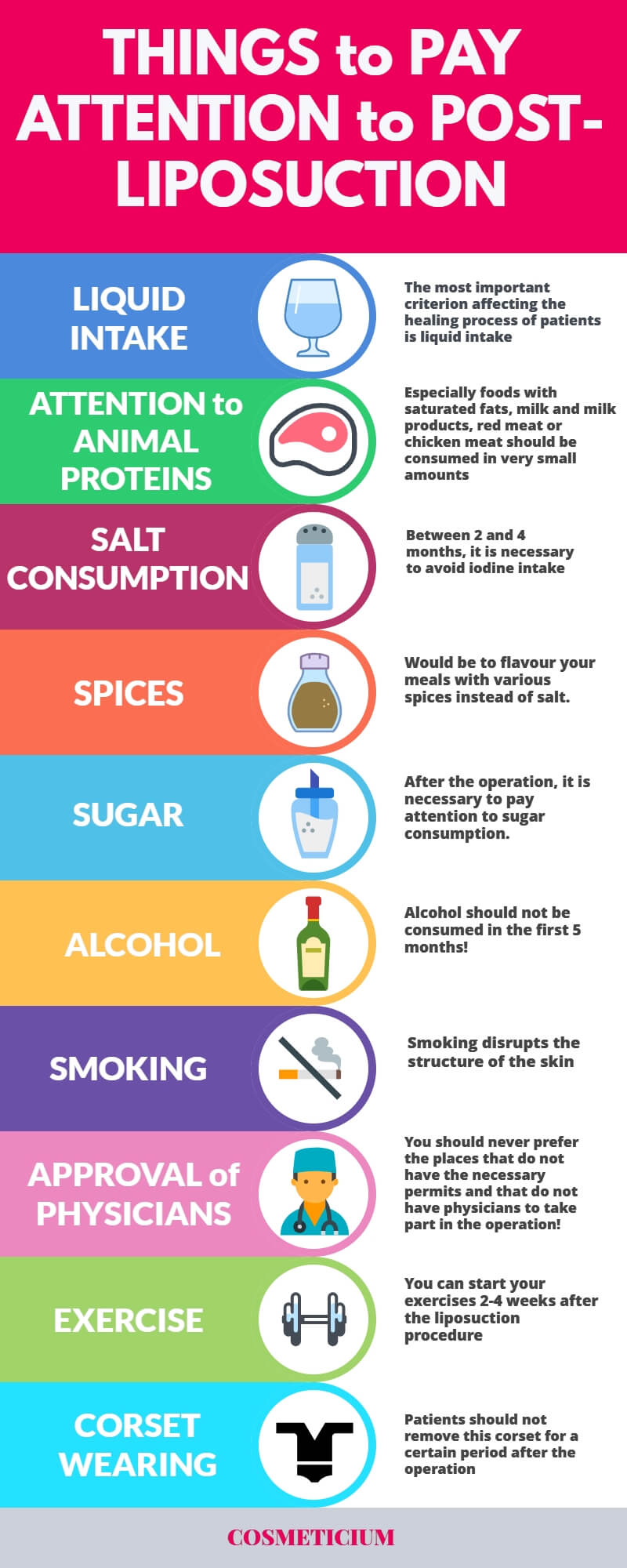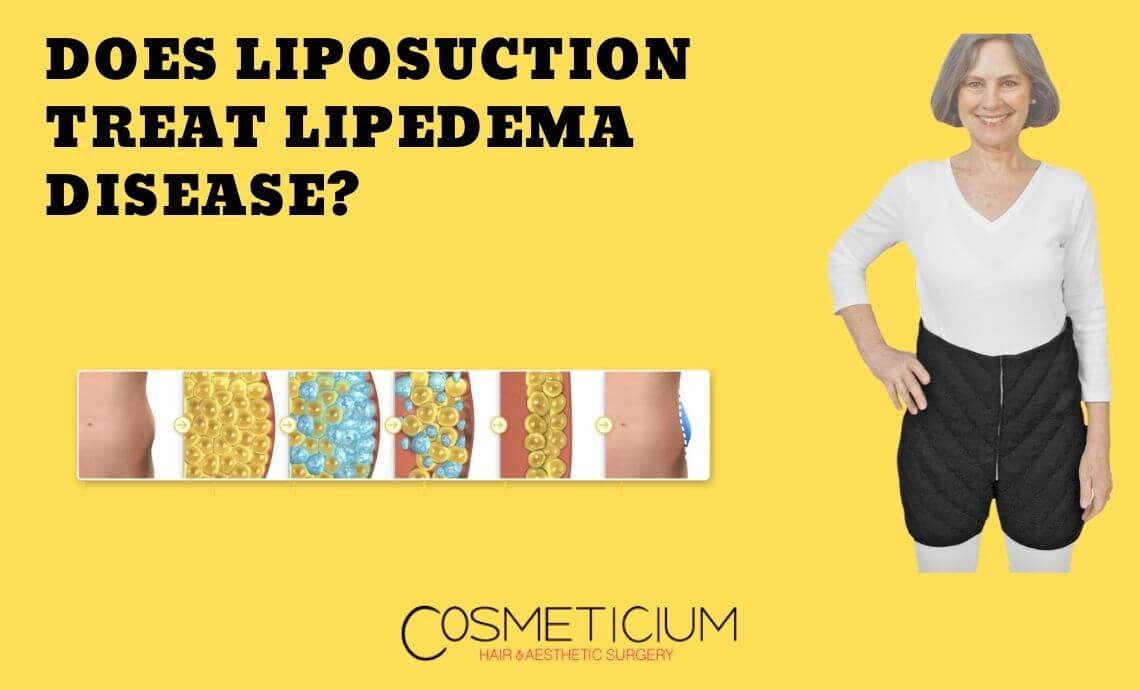Liposuction is a procedure that has been applied for many years. It provides the removal of persistent fat under the skin. Thus, it reshapes people’s bodies. With this procedure, people start looking younger. Is liposuction, which provides such important benefits, also effective against lipedema? Can liposuction cure lipedema disease? You can find the answer to these questions in the rest of our article.
Table of Contents
What is Lipedema?
Lipedema; also known as the painful lipoidosis syndrome, is the accumulation of fat and fluid in the leg and thigh area. Due to this accumulation, there is significant swelling in these areas. Although it is usually seen in the leg and thigh area, in some people it can also be seen in the arm area. Lipedema can also be defined as a chronic adipose tissue disorder accompanied by lipoidosis.
In lipedema, excessive lipoidosis in the legs and hip area is symmetrical. The swellings can go from hips to ankles. However, the mentioned disease does not affect the feet. In such cases, indentations and protrusions may occur on the outer parts of the hips and legs due to excessive lipoidosis.
This disease is seen in the majority of women and it usually begins with puberty. In addition to excessive lipoidosis, there may be symptoms such as pain and bruising due to suppression.
How is Lipedema Detected?
The spread of fats under the skin causes lipedema disease. Instead of a regular spreading, fats are scattered randomly in the leg and hip area. There are fatty areas on the inside of the knee area and the outer parts of the hips. Apart from these, the symptoms of lipedema can generally be listed as follows:
- Bruises easily appear in areas with excessive lipoidosis.
- The swellings on the legs and hips are symmetrical.
- The part from the hip to the legs is significantly affected by this disease.
- There is a feeling of coolness in areas with excessive lipoidosis. The skin is soft and spongy.
- The affected areas may have spider veins or minor signs of varicose veins.
- Touching sensitivity occurs on legs and hips.
- The existing swellings may get worse in the evening, hot weather, and after activities.
There are physical symptoms of the above-mentioned disease. Also, there are psychological aspects of this ailment. People who have excessive fatty and swollen legs are usually not involved in social life. Their self-esteem and self-confidence are low. They may also have difficulty in finding clothes, as there is no consistency in the lower and upper parts of their bodies.
You May Also Like: 10 Celebrities Who Had Liposuction
Does Liposuction Work for Lipedema?
Lipedema is a disease that affects people’s lives both physically and psychologically. The fact that it is expressed as excessive lipoidosis in the skin suggests that liposuction may be among the solutions. Well, does liposuction work in the treatment of this disease?
The liposuction is the removal of the fat under the skin with special tubes called cannulas. The disease mentioned here is also related to the lipoidosis under the skin. Therefore, liposuction can be used in the treatment of lipedema disease. However, since every case is different, there may be differences in the meeting of expectations. The steps in the liposuction procedure are briefly as follows.
- First, small incisions are formed on the area where the fat is to be removed.
- Then, tubes called cannula are sent through these incisions to the skin.
- Finally, the fat is extracted with a device like an aspirator.
It may also be possible to perform different procedures for the removal of the fat more easily. In this disease, absorption-assisted liposuction gives effective results.
You May Also Like:How Much is the Cost of Liposuction?

Does Lipedema Recur after Liposuction?
It is very difficult to give an exact answer to this question as people’s lifestyles, body structures, and diets are very different from each other. Accordingly, it cannot be exactly said whether lipedema disease will recur after liposuction or not.
The disease did not recur in most of the lipedema patients treated with liposuction. A significant number of doctors stated that there was no such recurrence in their patients. However, it is known that a few recurrent cases have been reported. There is no information on the reasons for the recurrence. As it is understood, liposuction is one of the most important treatments of this disease.
For More Detailed Information on Liposuction Treatment, Review Our Treatment Page.

